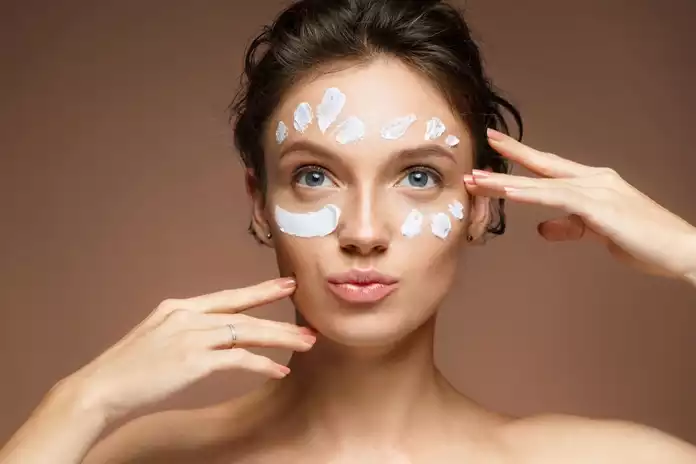Acne Prevention

While acne is not always preventable, there are steps you can take to reduce your chances of developing acne: (6)
- Keep the affected area clean: Wash your face or other affected areas twice daily with a mild cleanser (preferably with baby shampoo or face wash) to remove excess oil, dirt, and bacteria.
- Moisturize: Use a non-comedogenic moisturizer to hydrate your skin without clogging pores.
- Avoid touching your face: Touching your face can transfer bacteria from your hands to your skin, which can cause acne. Avoid touching your face and keep your hands clean.
- Avoid makeup and skincare products that contain oil: Oil-based products can clog pores and cause acne. Look for products labeled “oil-free” or “non-comedogenic.”
- Eat a fresh, healthy diet: A diet rich in fruits, vegetables, and lean proteins can help keep your skin healthy.
- Manage stress: Stress can trigger acne, so it’s important to find ways to manage stress, such as through exercise, meditation, or therapy.
- Avoid excessive sun exposure: While some sun exposure is necessary for vitamin D production, too much can damage your skin and worsen acne. Always wear sunscreen and avoid tanning beds.
Following these steps can reduce your chances of developing acne and keep your skin healthy and clear.
References
- https://www.aad.org/public/diseases/acne/really-acne/overview
- https://www.healthline.com/health/beauty-skin-care/types-of-acne
- https://www.aad.org/public/diseases/acne/causes/acne-causes
- https://www.ncbi.nlm.nih.gov/pmc/articles/PMC2585707/#:~:text=Blockage%20of%20sebaceous%20glands%20and,scarring%20and%20adverse%20psychological%20effects.
- https://www.ncbi.nlm.nih.gov/pmc/articles/PMC3080563/
- https://www.aad.org/public/diseases/acne/skin-care/tips

